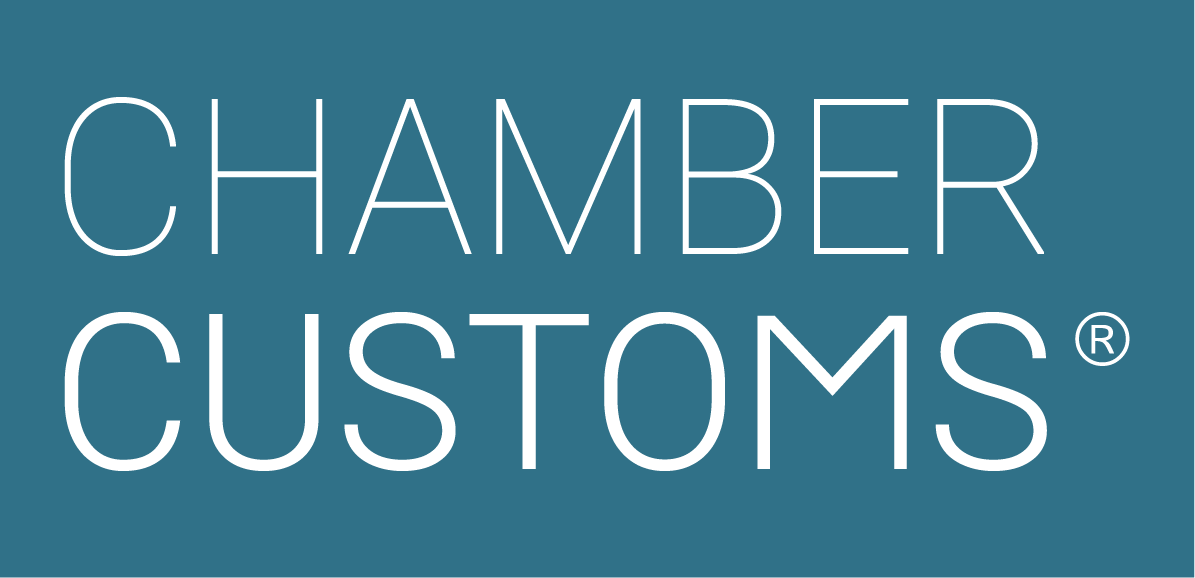By Liam Smyth, Managing Director of ChamberCustoms Ltd
Customs compliance is going digital
How companies trade around the world has been transformed by digital customs and technology.
From our border controls and trading compliance systems to customs declarations and bills of lading, the old analogue ways of importing and exporting are being consigned to history.
Rather than being negative, this presents many benefits and opportunities for those businesses willing to get on the front foot and adapt quickly.
Trade is able to move faster, barriers can be broken down, costs are reduced and digitised records become easier to access while being kept safe and secure in the cloud.
However, some companies are still reluctant to enter this digital age of trade, fearing it will be expensive to put the right infrastructure and technology into place. Others haven’t even thought about the industry-changing adjustments heading toward them.
Most still use paperwork and spreadsheets, passing files to third parties via email and asking them to enter the information into software connected to HMRC systems manually. The risk of human error doubles and the need for compliance with HMRC is put at risk.
In October, after five years of preparation time, a huge change is coming when the HMRC customs system (CHIEF) will close for imports and be replaced by something called CDS (Customs Declarations Service). Firms need to be ready (and many already are) for the additional data customs intermediaries will need. Exports switch over in March 2023.
Get compliant with our expert ChamberCustoms agents | CHIEF Import entries end 30th September 2022 | CHIEF Export entries end 31st March 2023 |
Get compliant with our expert ChamberCustoms agents | CHIEF Import entries end 30th September 2022 | CHIEF Export entries end 31st March 2023 |
A single source of truth
CDS is just one reason why adapting to digital has taken on greater urgency. Embracing it will save time and can help avoid problems later. I’ve witnessed too many examples where a lack of data evidence has cost firms VAT reclaims and huge fines.
80% reduction
Switching to digital trade processes can deliver 80% reduction in trade transaction cost
£225bn saving
£225bn efficiency saving for traders across the globe
(ICC UK & Coriolis, 2021)
Speed is another critical factor. Removing manual input and any potential errors increases efficiency while connecting directly into HMRC and all port inventory systems around the UK provides faster release of goods.
Using smart technology allows companies to create a single source of truth between an existing enterprise solution such as SAP and what has been declared to the customs authority by an intermediary like ChamberCustoms.
This means if problems occur or investigations are instigated, all the evidence to deal with these challenges is ready and at hand, no matter how far back HMRC might want to dig.
No more frantic searching for evidence of exports, proof of origin and bills of lading.
No more exchanging emails, downloading documents and risking a keying error.
No more waiting on customs clearance; unsure if it has been granted.
No longer will multiple custom documents with multiple commodity codes be tricky to execute fast.
And no longer will mistakes happen when claiming duty-free imports due to confusion about which trade agreement should apply.
There’s a simple and cost-effective solution
At ChamberCustoms, we have built a digital solution for international trade that any UK-registered company can take advantage of to solve all the issues mentioned above.
Our customers remain in control of the declarations being made on their behalf. Their existing data is uploaded to our platform, and smart technology puts it into the right data fields in the HMRC system.
Then a highly-skilled customs agent checks the data to ensure compliance with HMRC.
There is a full audit trail and ongoing updating of HMRC rules to ensure nobody runs into trouble by missing a change in legal requirements.
HMRC penalties
HMRC fines and penalties can be very costly if a customs declaration is wrong. Every customs declaration is effectively a tax return.
A real-time dashboard also shows our customers when HMRC has granted permission to proceed, and it is fully searchable.
Any UK company of any size can benefit from our system and there is clear and unambiguous pricing.
Whether you’re a CEO or head of finance at a firm that imports or exports, you must understand how the UK border is changing and that compliance with HMRC customs policy ultimately stops with you.
Greater visibility and stronger solutions are needed to succeed in this fast-changing world of international trade, so I encourage you to embrace the change; the future of your business relies on it.





